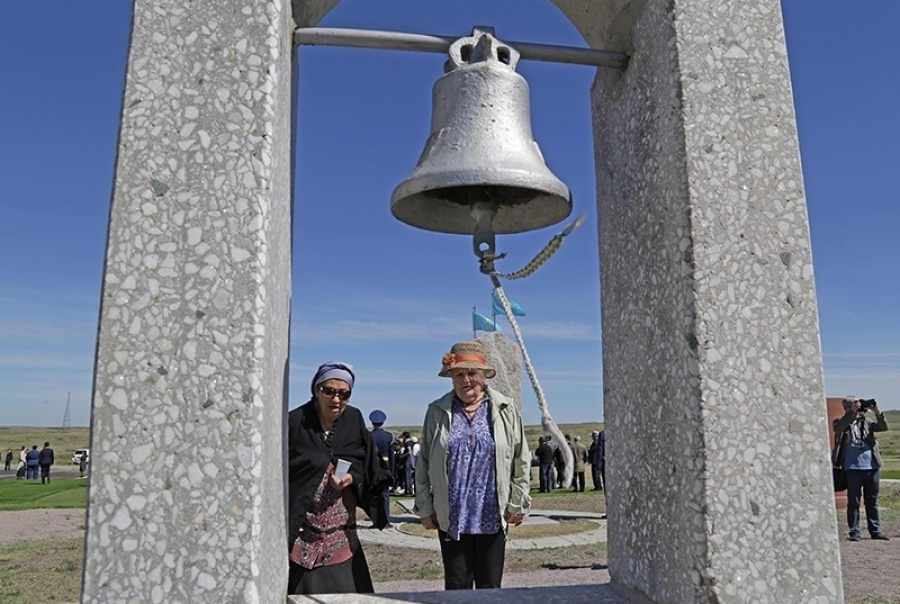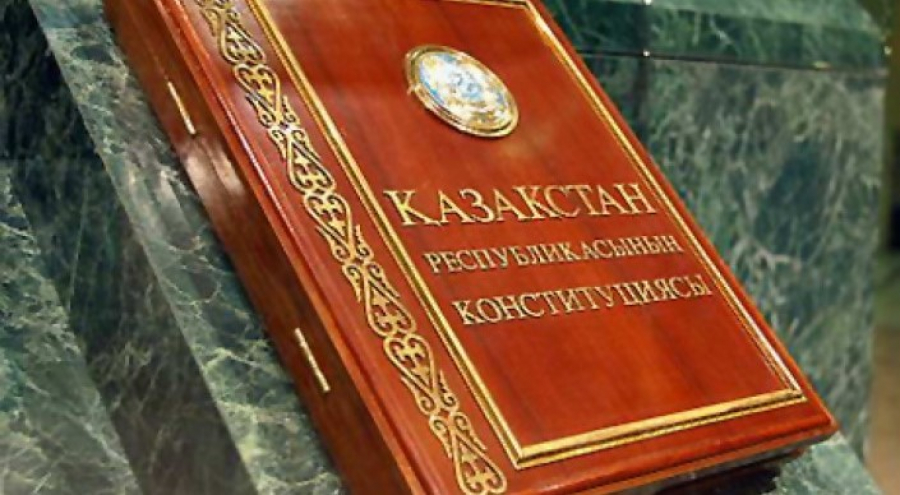
Every year on May 31, a stream of those wishing to honor the memory of the people who fell under repression and were unjustly convicted arrives in Karagandy region. It was home for the largest political prison camps, namely KARLAG and STEPLAG. 30 kilometers from Karagandy there is the Spassky Memorial, where the prisoners of the camps are buried. Since the beginning of 1990s, various states have erected monuments to their compatriots there. And almost every family in the region has a deportation story.
“She got married in this new skirt. Until 1956, they were all registered at the commandant's office. As for the Kazakh people, their attitude was ideal. If somebody needed to spend the night at their house, they were very hospitable, and were happy to feed everyone. We had Chechens and Greeks living in our neighbors, all of whom had very large families. Ingush and Ukrainian people also lived next to us. If there was a smell of baking somewhere, we would all gradually gather at this house, because we knew that we would be treated there. I mean, we shared everything with each other,” said Nikolai Apachidi, resident of Karagandy city.
This local history museum has preserved unique items. One of them is a letter from the KARLAG prisoners. In 2002, it was discovered by residents of the Kyzyl village. The message to posterity was left by seven political prisoners who ended up in the camp after German captivity.
“They express their resentment in this letter, that they were so severely punished. This letter was sent to future generations, so that it never happens again. Their further fate is unknown. Their personal files are presented. According to the card files they were released. This letter is very relevant today, because there is a commission for the rehabilitation of victims of political repressions, and this data, just like the letter, will be very useful both for the employees of these commissions, and for scientists to write new scientific papers,” noted Adil Tobylov, staff member of Karagandy Regional Local History Museum.
According to official data, more than 100,000 people were unjustly prosecuted in Kazakhstan, about fourth of them were sentenced to death. Unofficial sources testify that more than a million people were sent to the correctional camps, and the exact number of deaths is still unknown.
Translation by Assem Zhanmukhanova and Saule Mukhamejanova









